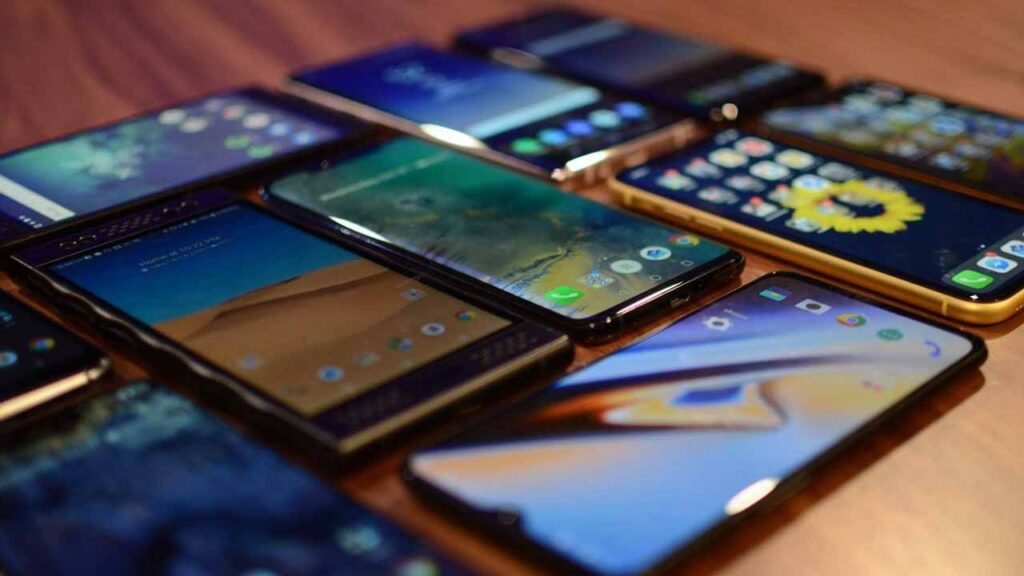Fake phones remain a huge problem in Nigeria’s smartphone market. Whether you shop at Computer Village, buy from online platforms, or deal with a roadside vendor, you risk ending up with a clone device.
But why are fake phones still so common in 2025? And why are people still getting scammed despite access to information? This article explores the real reasons — and more importantly, how you can protect yourself.
1. Lack of Awareness
Many people don’t know the signs of a fake phone. For example, they may not realize that a phone with 8GB RAM written on the box could actually have just 2GB RAM.
Some fake phones even display fake brand logos like “Samsang” or “Applee” — but without knowledge or tech exposure, people fall for them.
Tip: Always research the phone model before you buy. Watch YouTube reviews or read online guides about the exact specs of the original.
2. Temptation by Low Prices
In tough economic times, Nigerians are drawn to cheaper options. Fake phones often mimic high-end models at half the price, making them look like “deals.”
But these cheap imitations don’t last. Most have poor batteries, weak processors, and fake Android OS that can’t run proper apps.
Don’t be fooled by the price. If a deal looks too good to be true — it probably is.
3. 🛒 Buying from Unverified Sources
People often buy phones from street vendors or unknown Instagram pages. These sellers offer no warranty, no returns, and sometimes disappear after the sale.
Avoid these risks. Instead, buy from trusted retailers, well-known websites, or verified phone shops.
Even better: Ask friends or family to recommend trusted dealers they’ve used before.
4. 🔍 Failure to Verify IMEI or Features
Most buyers don’t bother checking if the IMEI number is real. They also skip checking storage, RAM, or whether the camera works as advertised.
Take five minutes to do these:
Dial
*#06#to check the IMEI. Verify it at imei.info.Go to Settings > About Phone to crosscheck RAM, storage, and Android version.
Open apps and test performance. Clone phones usually lag immediately.
5. 📚 Lack of Tech Education in Schools
In Nigeria, there’s limited tech education — especially at the secondary level. Students rarely get taught how phones or devices work. This contributes to a tech-illiterate population that’s easily tricked.
Solution? Campaign for digital literacy in schools. Meanwhile, adults should take free courses or follow tech creators online to stay updated.
Final Thoughts
Fake phones are a silent epidemic in Nigeria’s tech world. But with more awareness, better buying habits, and community education, we can reduce how many people fall victim.
If you’ve ever been scammed with a fake phone, don’t be ashamed. Share your story in the comments to help others learn.



